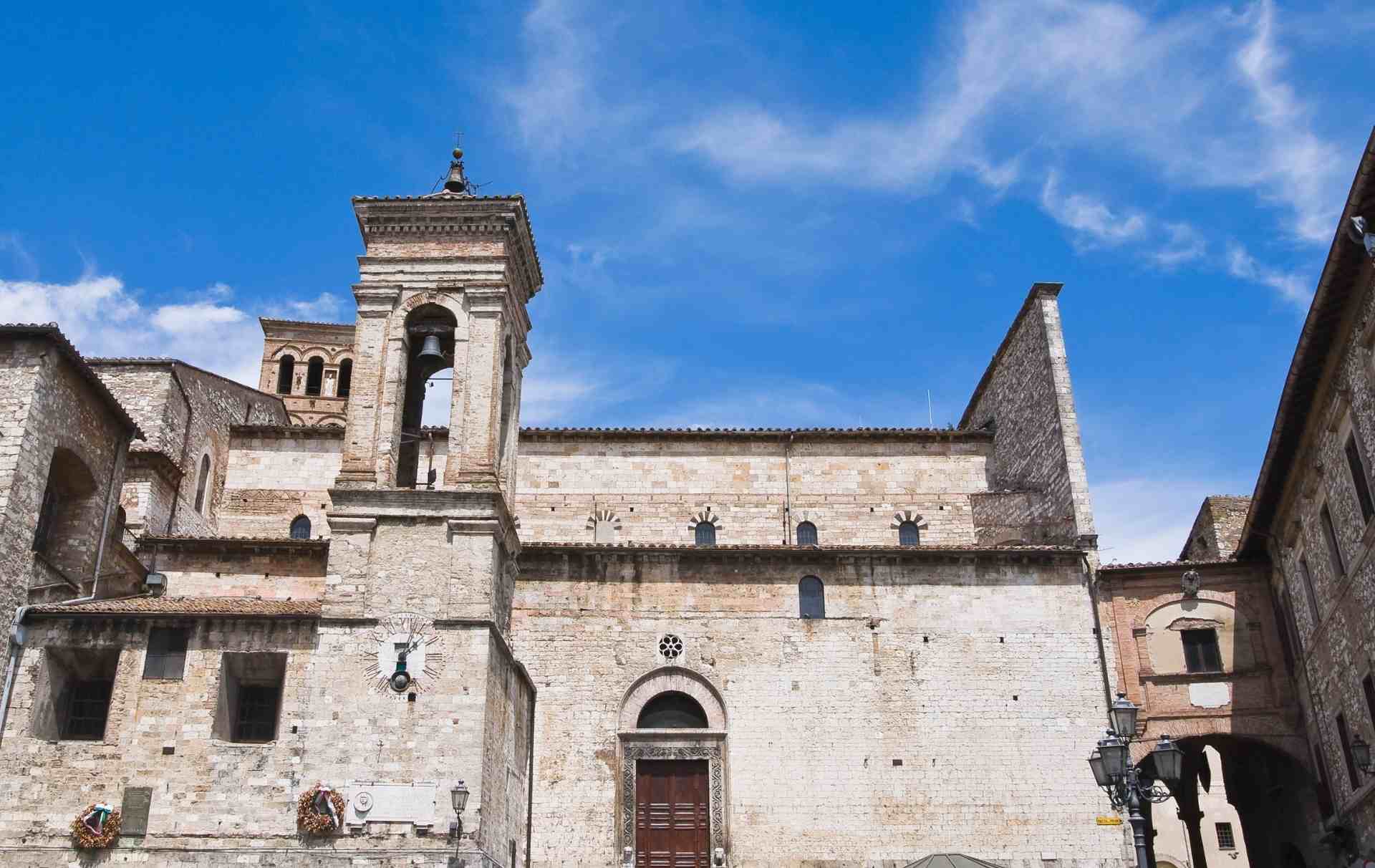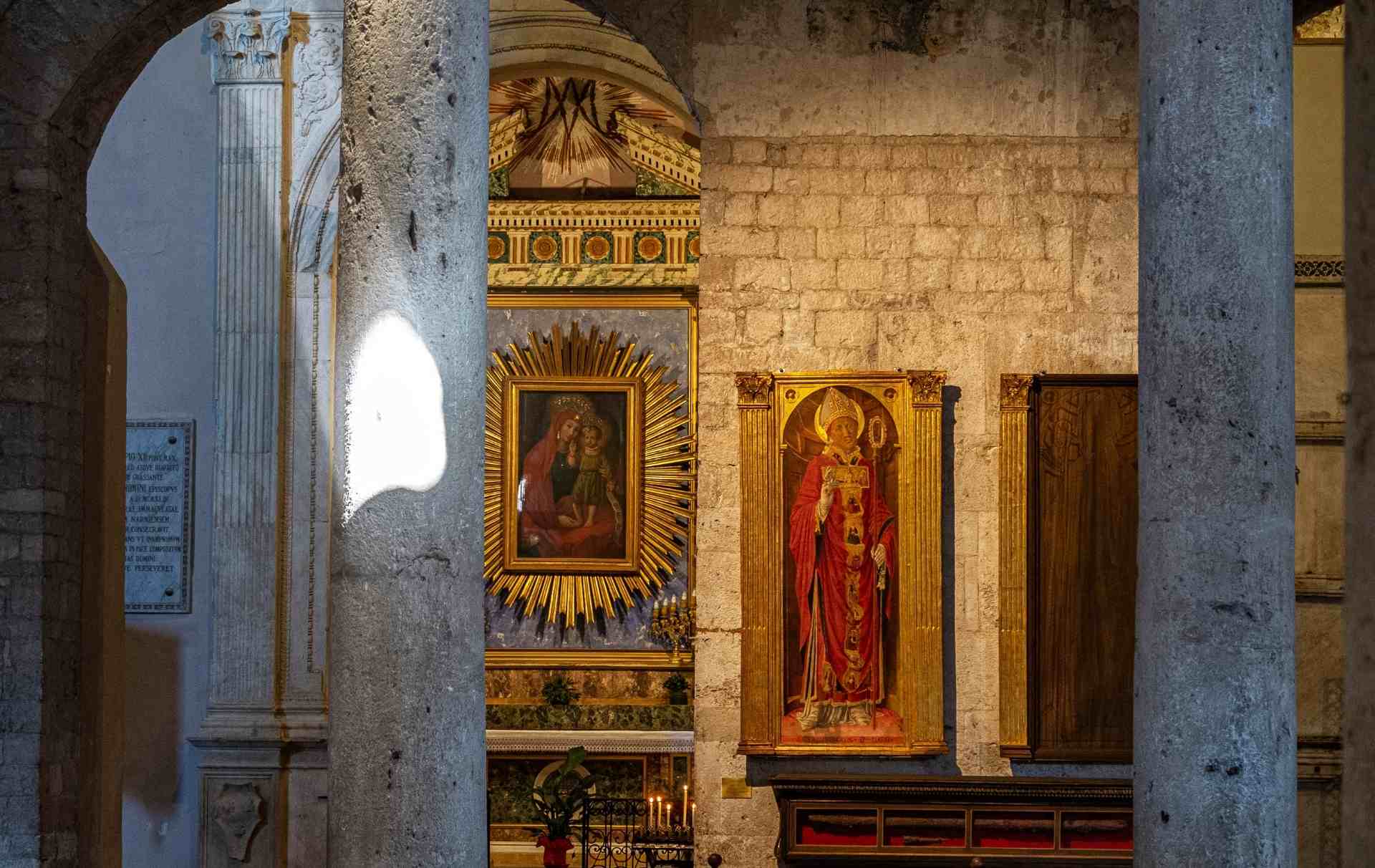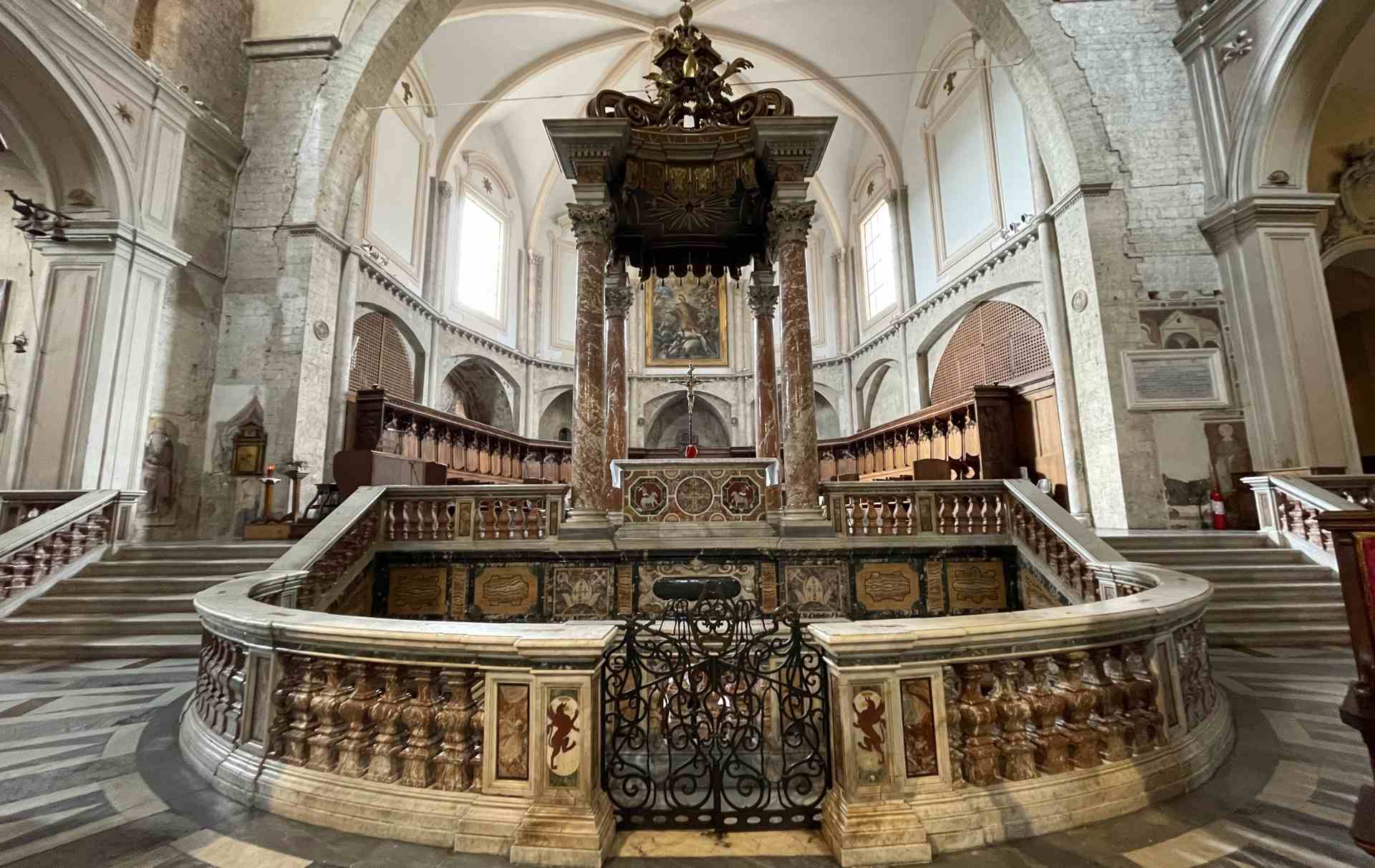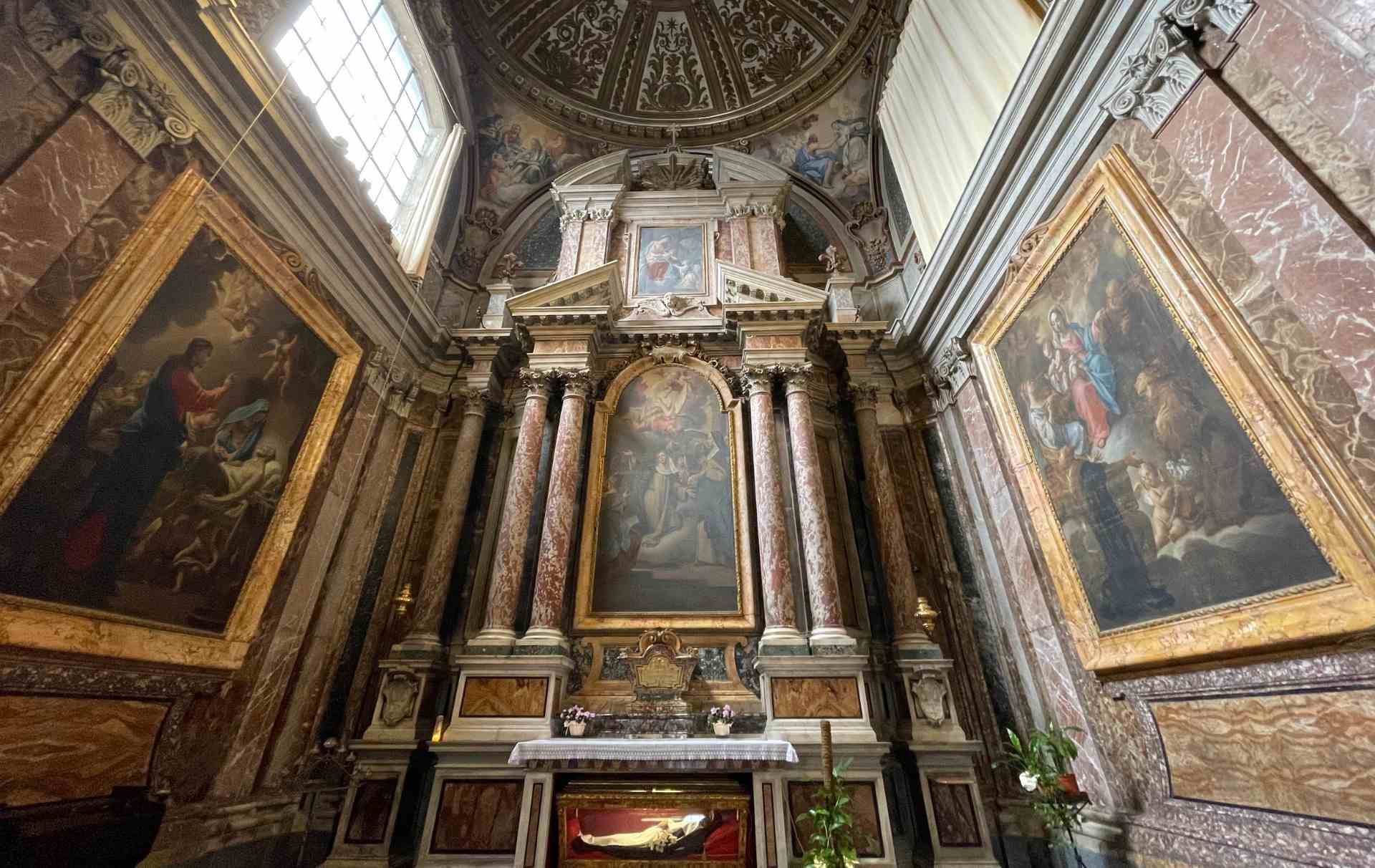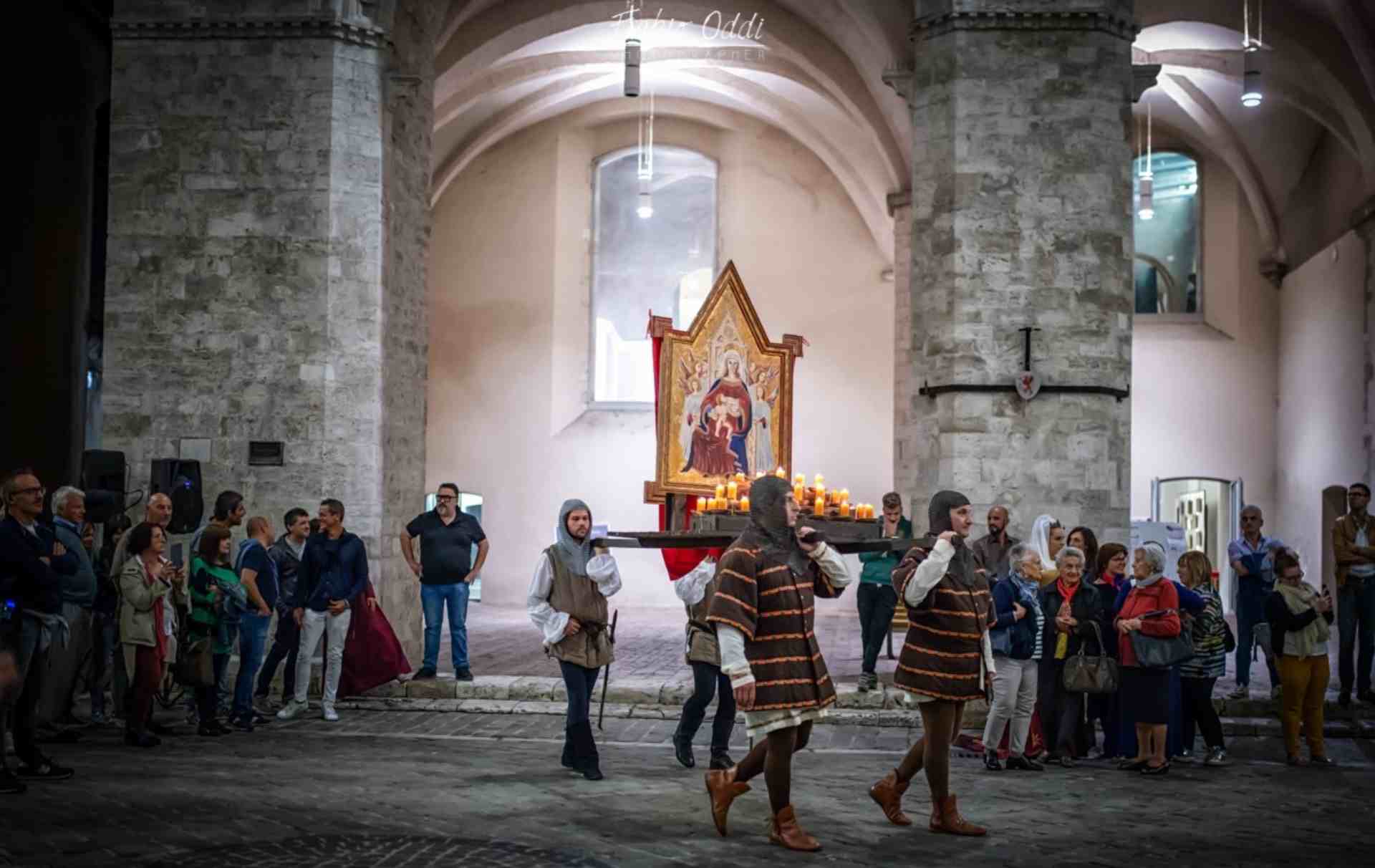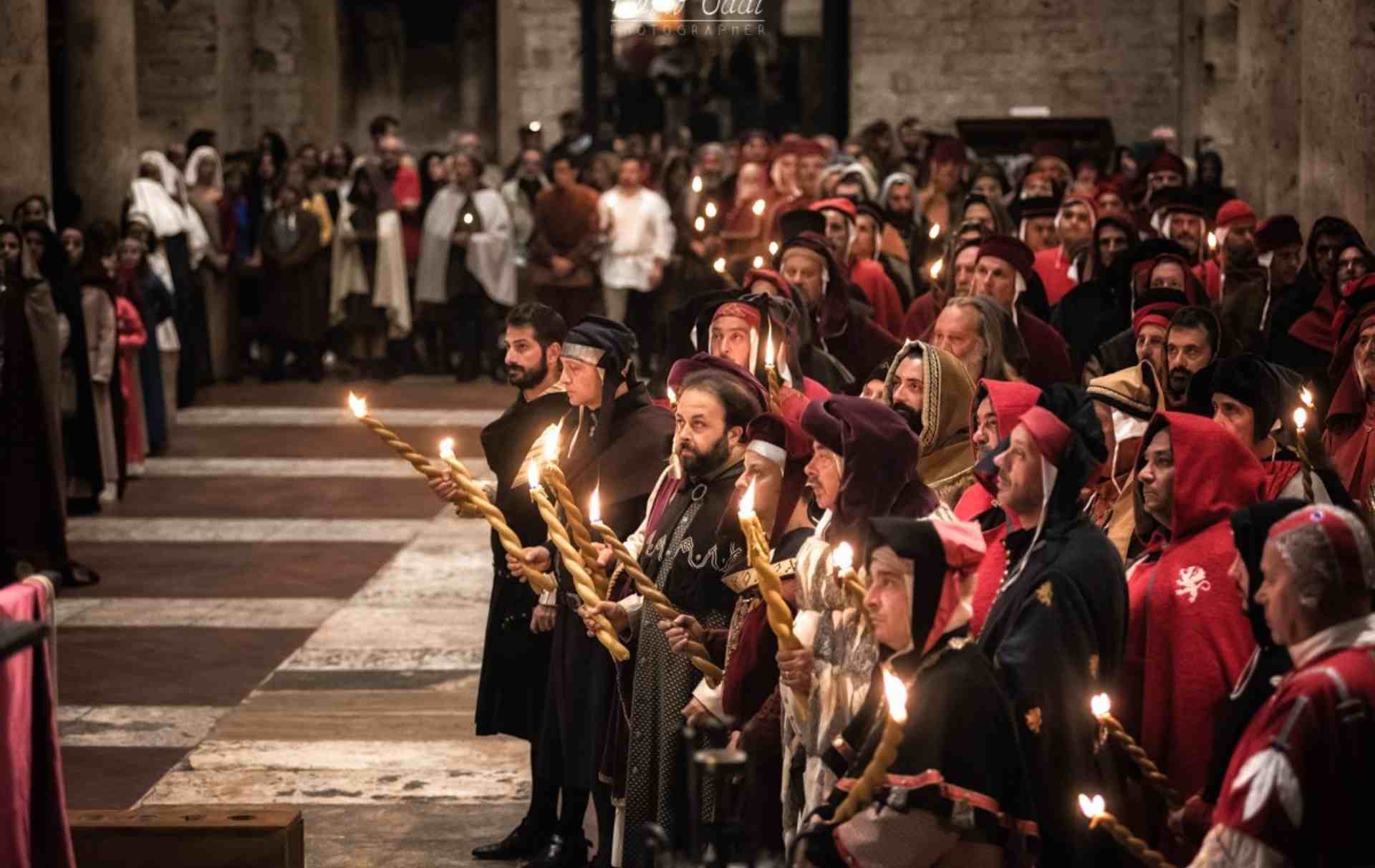Devoted to the first bishop of Narni who lived in the IV century BC, the Cathedral of San Giovenale is one of the most artistically, interesting and beautiful romanesque churches in Umbria.
The Cathedral of San Giovenale and Cassio in Narni.
Leaning against the romans’ walls and overlooking with its lateral door on the Piazza Garibaldi, the Cathedral of Narni is in the place where, according to the tradition, was buried the Patron of the town and where a shrine was built in his honor already from the VI century.
The Cathedral was built in roman style, consecrated in 1145 by Pope Eugene III and became this majestic architectural work and art which we can admire today in the old town of the city.
The history of Narni’s Cathedral
The first certain report about the church is this inscription carved on the architrave of the access door of the right aisle of the building and dated 1120. On the epigraph it is referred to the fix of the door by a priest named Lupo.
Already in 1047 is documented the concession of the mundeburdio – an high protection – of the imperator Enrico III at the chapter of San Giovenale.
Recent studies have shown that in this period the Cathedral of Narni was Santa Maria Maggiore, today known as former Church of San Domenico and, only in the XIII the Church of San Giovenale became based of the cathedral of the bishop of Narni.
Around the XIV century started the renovation works like the rise of the facade to the actual level and the renovation of the apse in gothic style.
In the following century a porch was made by Maestri Lombardi which embellished the principal entrance with three doors and was made the vaulted roof of the naves.
Was from 1642, with the translation of the relics of San Giovenale by the bishop Bucciarelli and the sustain of the Cardinale Sacripante, that the works started for those masterpieces which shall designed today the Cathedral like one of the most important places of the Italian baroque.
The major altar, the crypt, the confessional and the chaplets in the transept – the last one devoted to San Giuseppe and, in particular, that one dedicated to Blessed Lucia, thought by the architect Rainaldi who was one of the three father of the roman style, with Bernini and Cortona, – deserve by themself the visit to this unique art monument.
The visit to the Cathedral.
The visitor of the Cathedral of Narni will be already attract by the massive roman architecture , from the columns
The visitor of the Cathedral of Narni will be immediately attracted by the majesty of the Romanesque architecture, the escape of the columns supported by the singular lowered arches, the medieval suggestion of the Sacello di San Giovenale, from the refinement of the Renaissance decorations of the Chapel of SS. Sacramento, but the more attentive one will have a jolt in front of the unexpected baroque magniloquence of the Tribune and High Altar, with elegant ciborium and Confession, or the elegance of the inestimable artistic value of the Chapel of Blessed Lucia.
Visiting the Cathedral is like leafing through the book of the excellence of the history of Italian art.
The Cathedral during the San Giovenale Fest and the “Corsa all’Anello”.
On May 3, San Giovenale is celebrated and the city returns to the Middle Ages for two weeks.
There are different events which involve the Cathedral: from the offert of the rose to the Saint during the days of the Benediction of the Knights, to the suggestive ceremony of De Cereis et Palii Offerendi, known as the offering of candles.
The offer of candles of May 2.
The Luminaria of the Municipal and Pontifical Authorities, the Anteposti of the Guilds of the Arts, the representatives of the Castles give life to the commemoration of the offer.
At the end of a procession in the light of torches and candles, each group gives at the feet of the Vicar ground of the Patron the Bishop the amount of wax stability from the statutes citizens of the fourteenth century.
Calling the groups to do their offer, the auctioneer marks the times of an ancient ceremony which has all of those elements which, in the Middle Age, characterized the relationship between the town secular and religious.
Cathedral of San Giovenale
Piazza Cavour – 05035 Narni TR
Opening hours:
- from 8am to 12.30pm
- from 3.30pm to 7pm
It is suggested to park the car in the Suffraggio’s parking lot and go up with the elevator until Via Garibaldi reaching Piazza Cavour.
Discover Narni.
Continue to walk with us discovering what to see inside the walls of Narni.
Or discover the points of interest of Narni and of its territory:
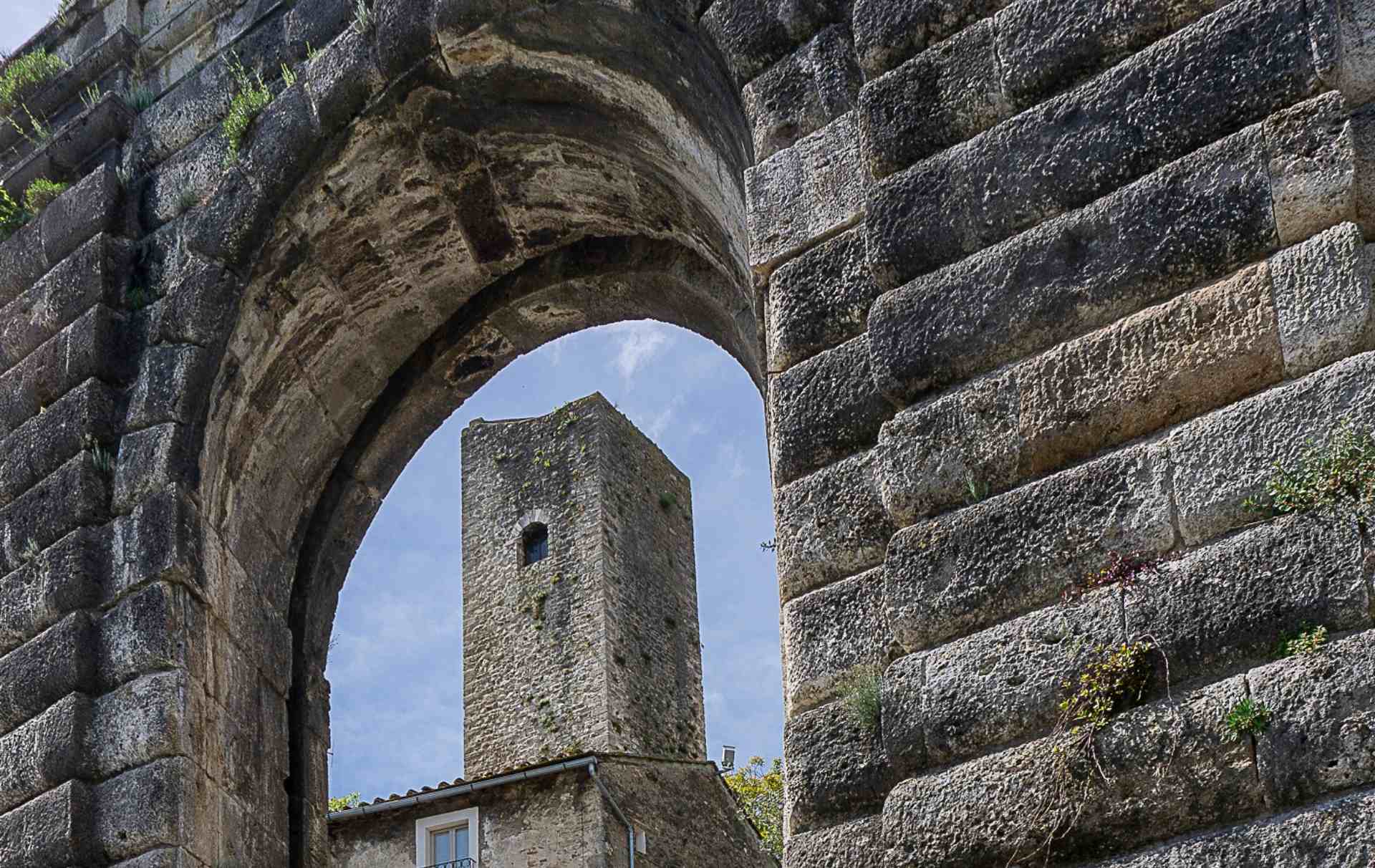
Fiera Gate
The ancient and austere Fiera Gate, in the past called Porta San Vittore from the name of a church near by, there is on the

Piazza Galeotto Marzio
Placed at the end of Via Mazzini and enriched by beautiful palaces which faced it, Piazza Galeotto owes its name to the big humanist from
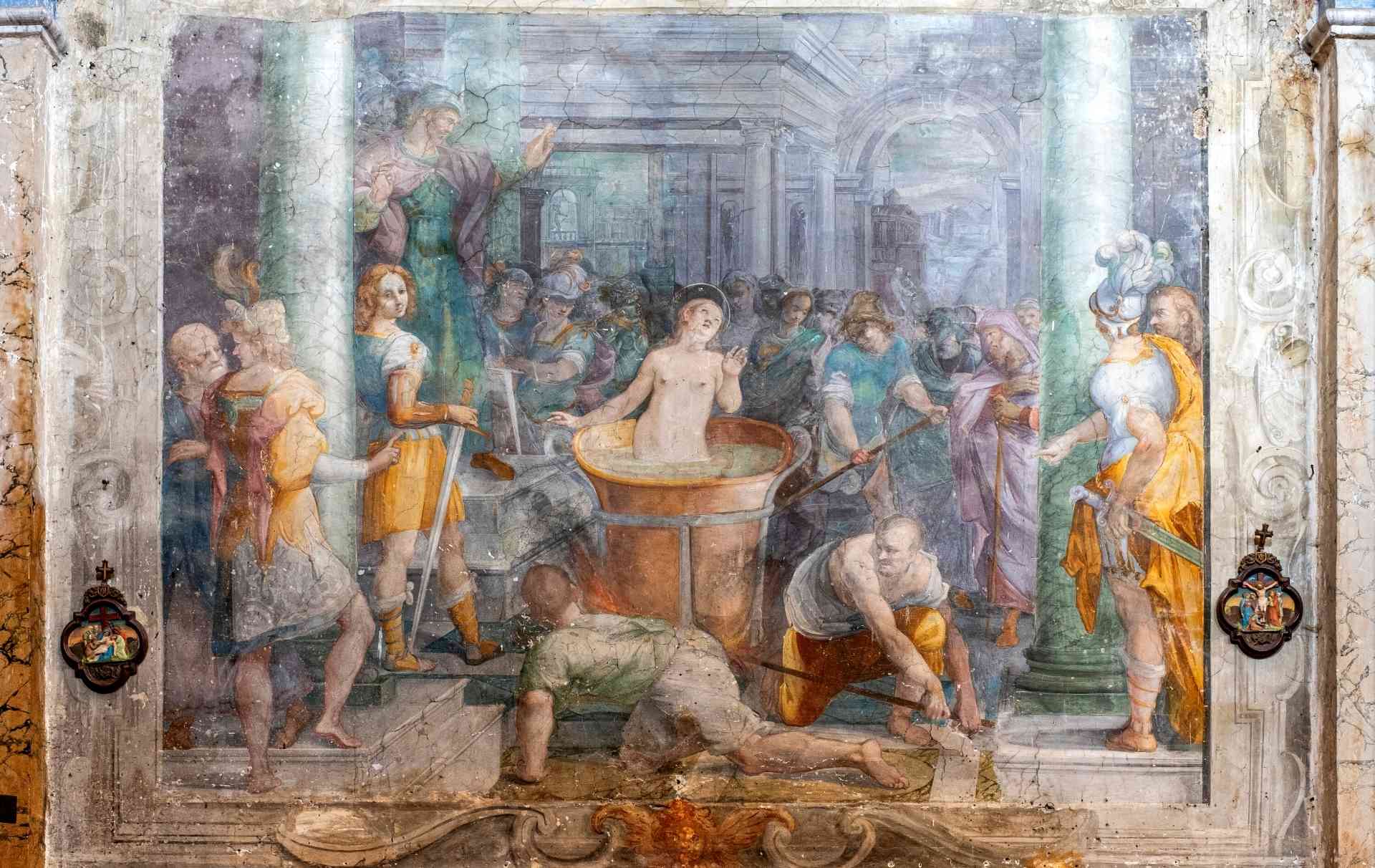
Church of Santa Margherita
The Church of Santa Margherita was built in the heart of the town of Narni, at the beginning of the XVII century. Near the building

